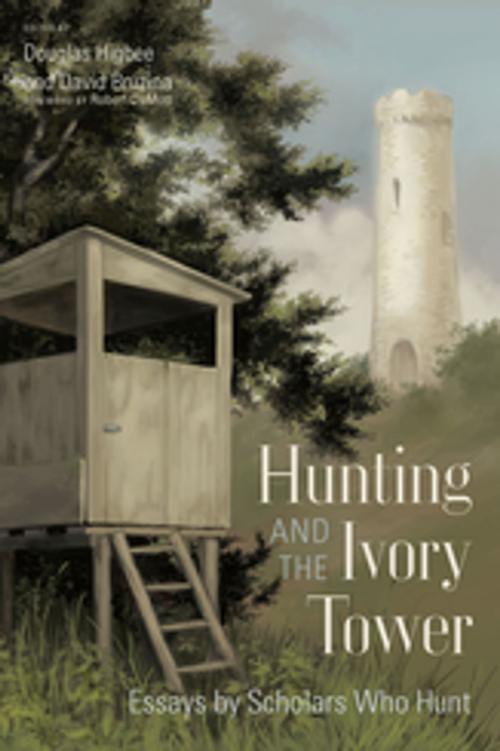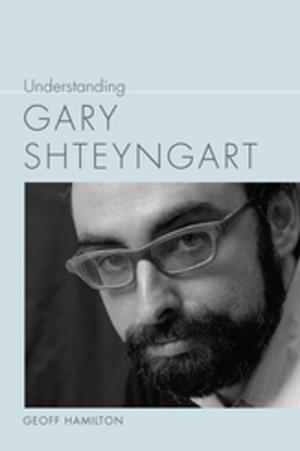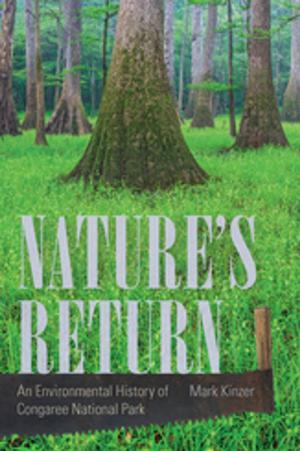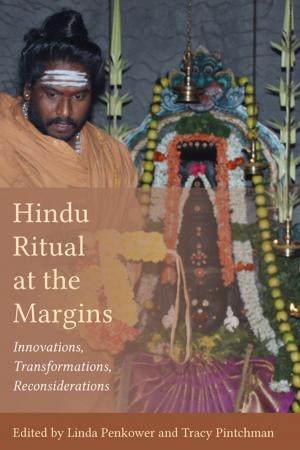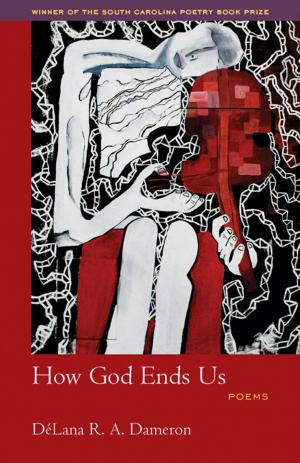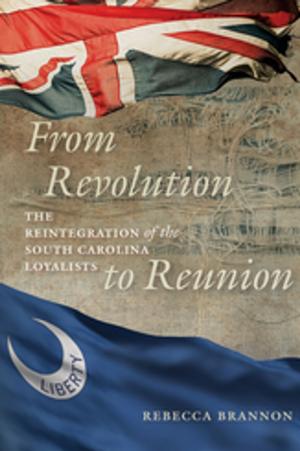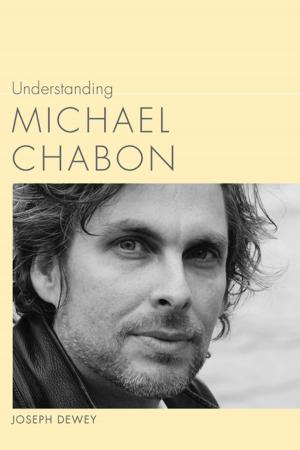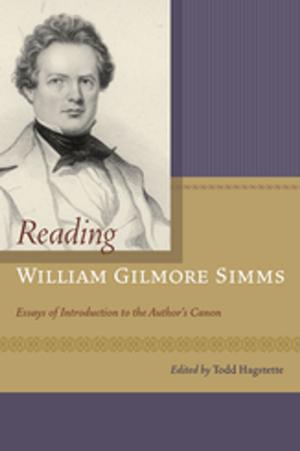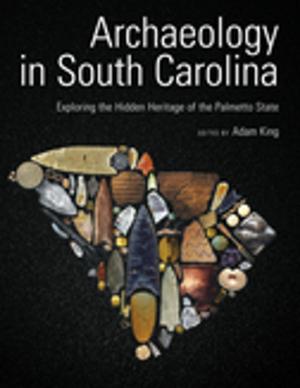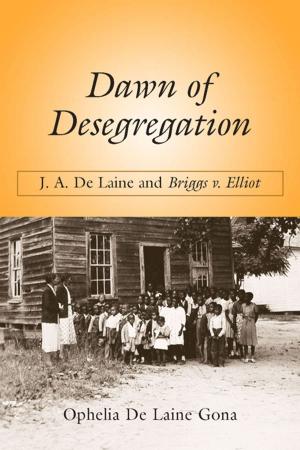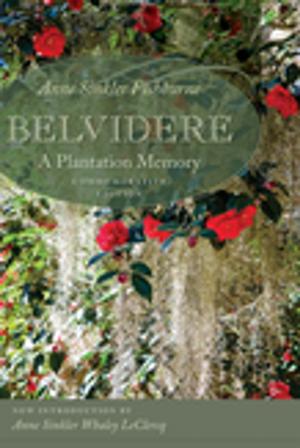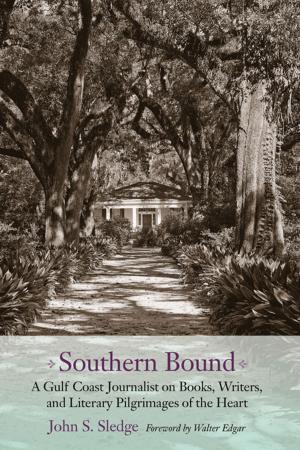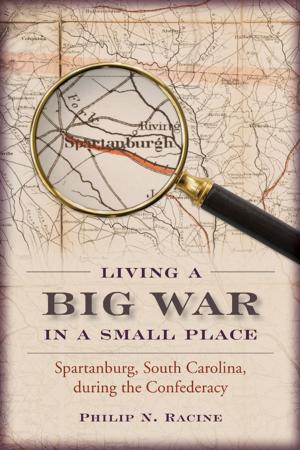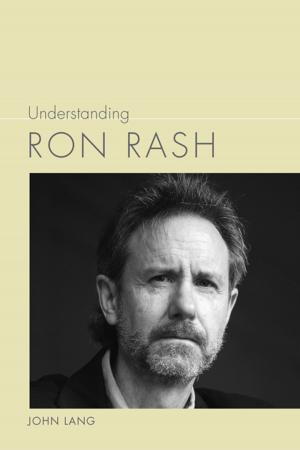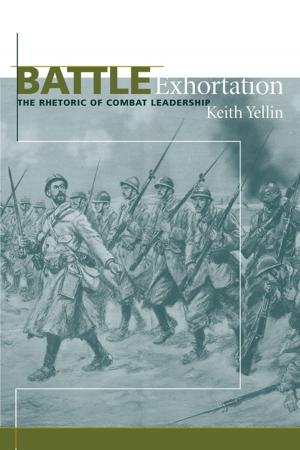Hunting and the Ivory Tower
Essays by Scholars Who Hunt
Nonfiction, Sports, Outdoors, Hunting, Reference & Language, Education & Teaching, Educational Theory, Philosophy & Social Aspects| Author: | ISBN: | 9781611178500 | |
| Publisher: | University of South Carolina Press | Publication: | May 11, 2018 |
| Imprint: | University of South Carolina Press | Language: | English |
| Author: | |
| ISBN: | 9781611178500 |
| Publisher: | University of South Carolina Press |
| Publication: | May 11, 2018 |
| Imprint: | University of South Carolina Press |
| Language: | English |
Despite the academy having a reputation for supporting broad and open inquiry in scholarship, some academics have not extended this open-minded support to colleagues’ personal pursuits. A variety of scholars enjoy hunting, which has been stereotyped by some as an activity of the unsophisticated. In Hunting and the Ivory Tower, Douglas Higbee and David Bruzina present essays by seventeen hunter-scholars who explore the hunting experience and question negative assumptions about hunting made by intellectuals and academics who do not hunt. Higbee and Bruzina suspect most academics’ understanding of hunting is based on brief television news reports of hunter-politicians and commercials for reality TV shows such as Duck Dynasty. The editors contend that few scholars appreciate the complexities of hunting or give much thought to its ethical, ecological, and cultural ramifications. Through this anthology they hope to start a conversation about both hunting and academia and how they relate. The contributors to this anthology are academics from a variety of disciplines, each with firsthand hunting experience. Their essays vary in style and tone from the scholarly to the personal and represent the different ways in which scholars engage with their avocation. The essays are grouped into three sections: the first focuses on the often-fraught relation between hunters and academic culture; the second section offers personal accounts of hunting by academics; and the third portrays hunting from an explicitly academic point of view, whether in terms of value theory, metaphysics, or history. Combined, these essays render hunting as a culturally rich, deeply personal, and intellectually satisfying experience worthy of further discussion. A foreword is provided by Robert DeMott, the Edwin and Ruth Kennedy Distinguished Professor at Ohio University in Athens, Ohio. He is a teacher, writer, critic, and internationally respected expert on novelist John Steinbeck.
Despite the academy having a reputation for supporting broad and open inquiry in scholarship, some academics have not extended this open-minded support to colleagues’ personal pursuits. A variety of scholars enjoy hunting, which has been stereotyped by some as an activity of the unsophisticated. In Hunting and the Ivory Tower, Douglas Higbee and David Bruzina present essays by seventeen hunter-scholars who explore the hunting experience and question negative assumptions about hunting made by intellectuals and academics who do not hunt. Higbee and Bruzina suspect most academics’ understanding of hunting is based on brief television news reports of hunter-politicians and commercials for reality TV shows such as Duck Dynasty. The editors contend that few scholars appreciate the complexities of hunting or give much thought to its ethical, ecological, and cultural ramifications. Through this anthology they hope to start a conversation about both hunting and academia and how they relate. The contributors to this anthology are academics from a variety of disciplines, each with firsthand hunting experience. Their essays vary in style and tone from the scholarly to the personal and represent the different ways in which scholars engage with their avocation. The essays are grouped into three sections: the first focuses on the often-fraught relation between hunters and academic culture; the second section offers personal accounts of hunting by academics; and the third portrays hunting from an explicitly academic point of view, whether in terms of value theory, metaphysics, or history. Combined, these essays render hunting as a culturally rich, deeply personal, and intellectually satisfying experience worthy of further discussion. A foreword is provided by Robert DeMott, the Edwin and Ruth Kennedy Distinguished Professor at Ohio University in Athens, Ohio. He is a teacher, writer, critic, and internationally respected expert on novelist John Steinbeck.
